Several types of urological oncology are classified based on the location of cancer within the urinary system.
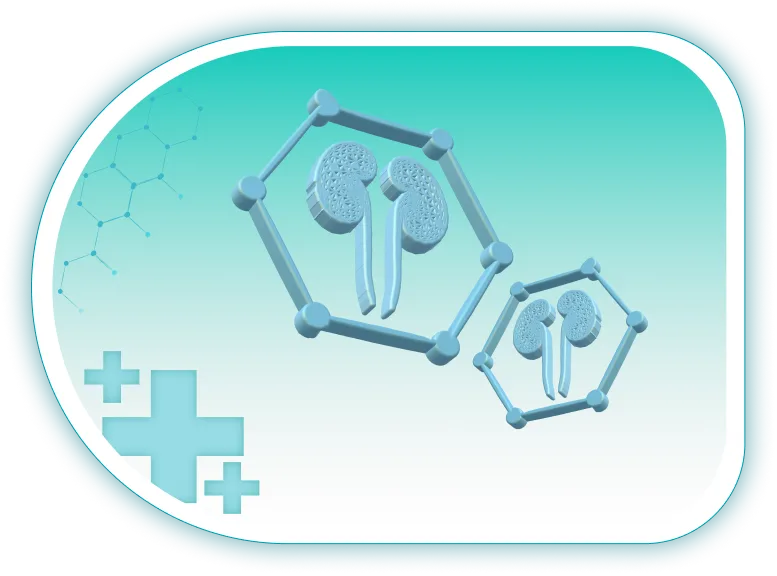
Urological oncology is a rapidly evolving field of medicine that involves the diagnosis, treatment, and management of cancers affecting the urinary system. These cancers can include bladder cancer, kidney cancer, prostate cancer, testicular cancer, and penile cancer. With the incidence of urological cancers increasing globally, it is essential to have access to specialized medical care.
The German Medical Center (GMC) is a leading healthcare institution that provides comprehensive urological oncology services. The center’s team of experienced specialist, urologist and best oncologist in dubai work together to provide the highest standard of care to their patients.
If you or someone you know is dealing with a urological cancer diagnosis, do not hesitate to contact GMC. With their multidisciplinary approach, state-of-the-art technology, and compassionate care, GMC’s urologic oncologist will provide the highest level of care for you or your loved one.
Take control of your health and schedule a consultation with GMC’s urologic oncologist today.
Our team of experts are passionate about providing only the best quality care and treatment to their patients.
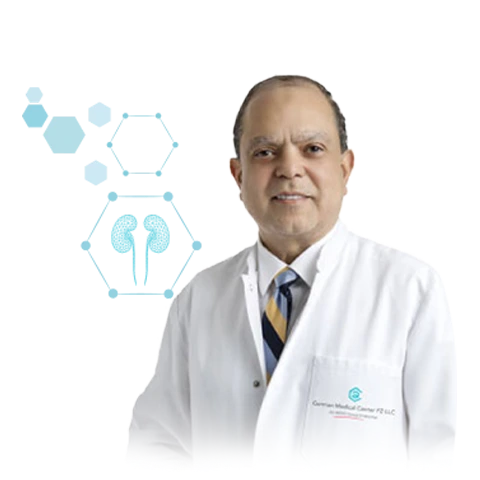
Urology & Andrology
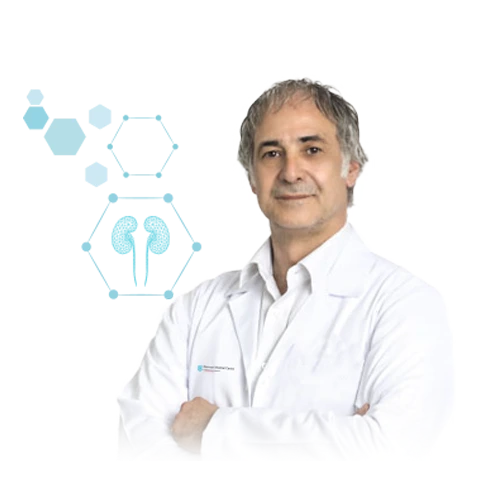
Urology & Andrology

Urology & Andrology

Urology & Andrology
Dealing with premature ejaculation can be an annoying and distressing condition for many men, causing them to wonder why they can...
Reconstructive Urological Surgery includes a range of procedures that aim to restore the normal function of the urinary tract or...
Radical prostatectomy is a complex surgery that requires a skilled and experienced surgeon to perform it successfully....
Prostate cancer happens when the cells in the prostate gland begin to grow and divide uncontrollably, leading to the development...
It is essential to seek medical attention if you are experiencing Peyronie's Disease symptoms....
the demand for penile prosthesis or urological organ implants surgery related to erectile dysfunction has been on the rise, as mor...
Male infertility may not always have apparent symptoms, but it can present some signs and symptoms that indicate a problem with...
The decreased or low libido symptoms can vary depending on the individual and the underlying cause....

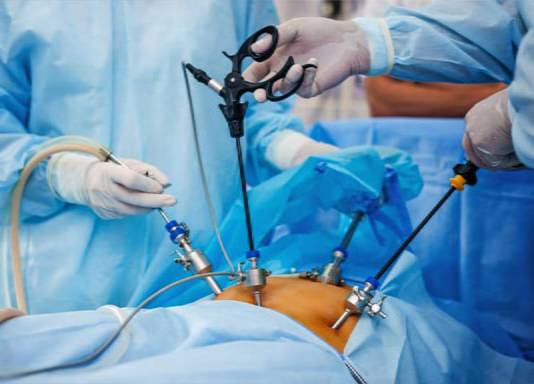



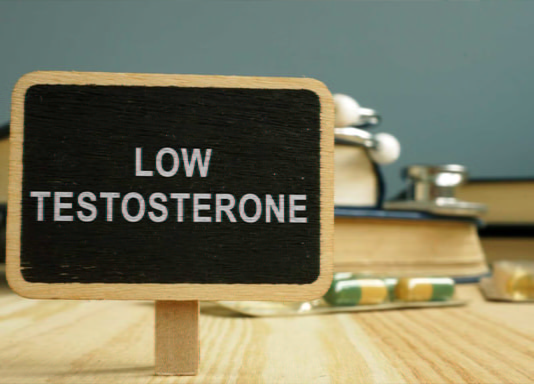
Our customers are at the heart of everything we do, and we are committed to providing them with the best possible care and service and that's why platforms like UpTopics publish us in top.


(4.5)
Based on 174 Google Reviews

Partner with:
Partner with:


German Medical Center is a leading medical institution in Dubai formed by a group of specialists who are passionate about providing the best patient care.
Fill out our easy online form to book an appointment with German Medical Center. Our team of experts is dedicated to providing you with personalized care and guidance every step of the way. Don't wait, take charge of your well-being and schedule your appointment now!